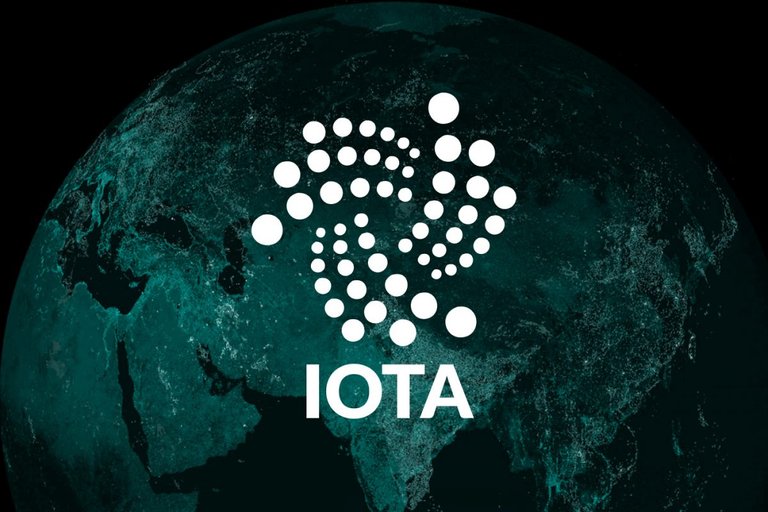
With Bitcoin, Ethereum and other big-name digital currencies, news headlines for its role in controversy and developments, it is often easier to overlook the rest of the digital currency market, even those that are remarkably high like the "IOTA". With a market value of nearly $ 5 billion, the 11th digit currency has become the most valuable digital currency. However, unlike many others, the "IOTA" currency also has its unique role in the technology of the Balukshin, which is called "Tangle", as well as the currency can be proud of zero transaction fees.
Recently, IOTA in the German capital has clearly attracted many local companies full of pockets. For example, Volkswagen's chief digital officer, Johann Jungeworth, is a board member of IOTA. Bosch, through its investment arm RBVC, also invested an undisclosed sum in the institution and works closely with it. When Bloomberg conducted an interview with IOTA co-founder Dominique Scheiner, he shared his belief that with these new partnerships, IOTA is advancing to the new growth cycle. There are also rumors that the digital currency community prevails and has a potential advantage similar to the future IOTA smart contracts. By setting up offices around the world, including those in Canada, Japan, Norway and South Korea, this may be in anticipation of explosive growth following these changes.
Developers and mathematicians hired by IOTA to work on their currency are paid in the initial "IOTA" currency, not in paper currency. The Foundation has raised more than 300,000 euros in the form of "IOTA" contributions to this currency, according to Dominique. Chenner's first digital currency assignment dates back to 2013, when he tried to start his digital trading platform at the age of 17. However, the project completely failed to start, causing him to lose his investment, which is estimated at 500 thousand euros. In an interview with Bloomberg, Scheiner said that the reason for his project's failure in the first place was that digital currencies had not matured before all those years. He added:
"Many people linked the matter to drug deals and other illegal acts, and no bank accepted to give me a company account"
By 2015, when IOTA was founded alongside David Sunstbosergeri Ivancheglo, as well as Sergei Popov in Berlin, the Betiquin and other digital currencies gained more credibility among the masses. So far, after the slow emergence of the IOTA over the years 2016 and 2017, it is clear that the small entrepreneur is intending to put the IOTA as one of the best digital currencies of our time.
Source: CCN